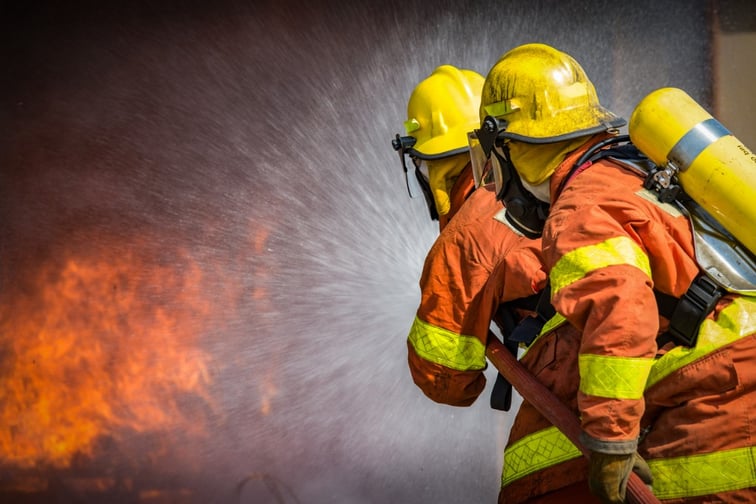

As summer approaches, the Insurance Council of Australia (ICA) has reminded Australians to prepare for bushfires to reduce risk and safeguard their homes and property.
An El Niño event will increase the chances of concerningly high temperatures and extreme weather patterns over the next 12 months, particularly in eastern Australia, leading to more severe heatwaves, heightened bushfire risks, and worsening drought conditions.
“Now is not the time to be complacent when it comes to bushfire preparedness, with El Niño already showing signs of a hot and dry summer,” said ICA acting CEO Kylie Macfarlane. “The Insurance Council of Australia is urging all property owners, especially those in high-risk areas, to ensure they have adequate insurance to cover the cost of any potential disaster.”
Insurers have paid out over $17.8 billion in natural disaster claims from 13 declared catastrophes and five significant events since the 2019-20 Black Summer bushfires, according to the ICA.
The ICA said property owners and tenants can take the following steps to reduce the impact of bushfires on their properties, finances, and wellbeing:
“While not all insurers enact coverage embargoes during bushfires or when an area is at risk, property owners must not gamble on their insurance protection,” Macfarlane said. “We want communities to be better prepared, particularly those that remain vulnerable and are still recovering from the damage and destruction of past catastrophic events.”
